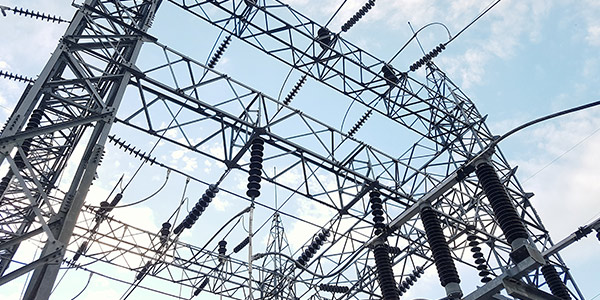The Massachusetts Energy Facilities Siting Board (EFSB) tentatively approved the contentious relocation of a substation in East Boston on Monday during a public meeting.
The “notion that a substation is part of a fossil fuel past is a false, politically motivated narrative,” Secretary of the Executive Office of Energy and Environmental Affairs Kathleen Theoharides said at the meeting. “Substations are a piece of infrastructure that will be critical in our ever growing electrification of the building and transportation sectors.”
The substation was first approved for construction by the EFSB in 2017, with the condition that Eversource Energy and the city of Boston consider moving its planned location. The board unanimously approved the relocation during the meeting.
The substation is part of Eversource’s Mystic-East Eagle-Chelsea Reliability Project, which aims to accommodate increased demand in the East Boston area. But opponents claimed that renewable resources, such as solar panels and a battery storage facility, could meet that demand. (See Tx Planning in Boston Collides with Climate Goals.)
Theoharides also cited last week’s rolling blackouts in Texas as an example of why reliable energy infrastructure is “crucial to ensuring essential services, public safety and meeting basic human needs.”
Paula Garcia, a senior energy analyst at the Union of Concerned Scientists, said in an email statement that the EFSB’s decision was made “at the expense of East Boston residents’ health and wellness.”
“The board failed to consider local alternatives that would have advanced clean energy and reduced carbon emissions, including residential solar power and energy storage,” Garcia said.
Theoharides concluded that there was not sufficient evidence to reopen the question of need for the substation or various non-wire alternatives.
The substation was approved with several conditions, including that Eversource enter into a community benefits agreement “to ensure the neighborhood see additional benefits from the project and that the community would be compensated for any negative impacts.”
Josh Daniels, a lawyer for the environmental justice organization GreenRoots, said the purpose of the community benefits agreement was confusing because residents do not want the facility at all.
“I’m not sure what space there is for meeting in the middle,” Daniels said during the meeting.
The EFSB expects to submit a final decision within the next few days.




